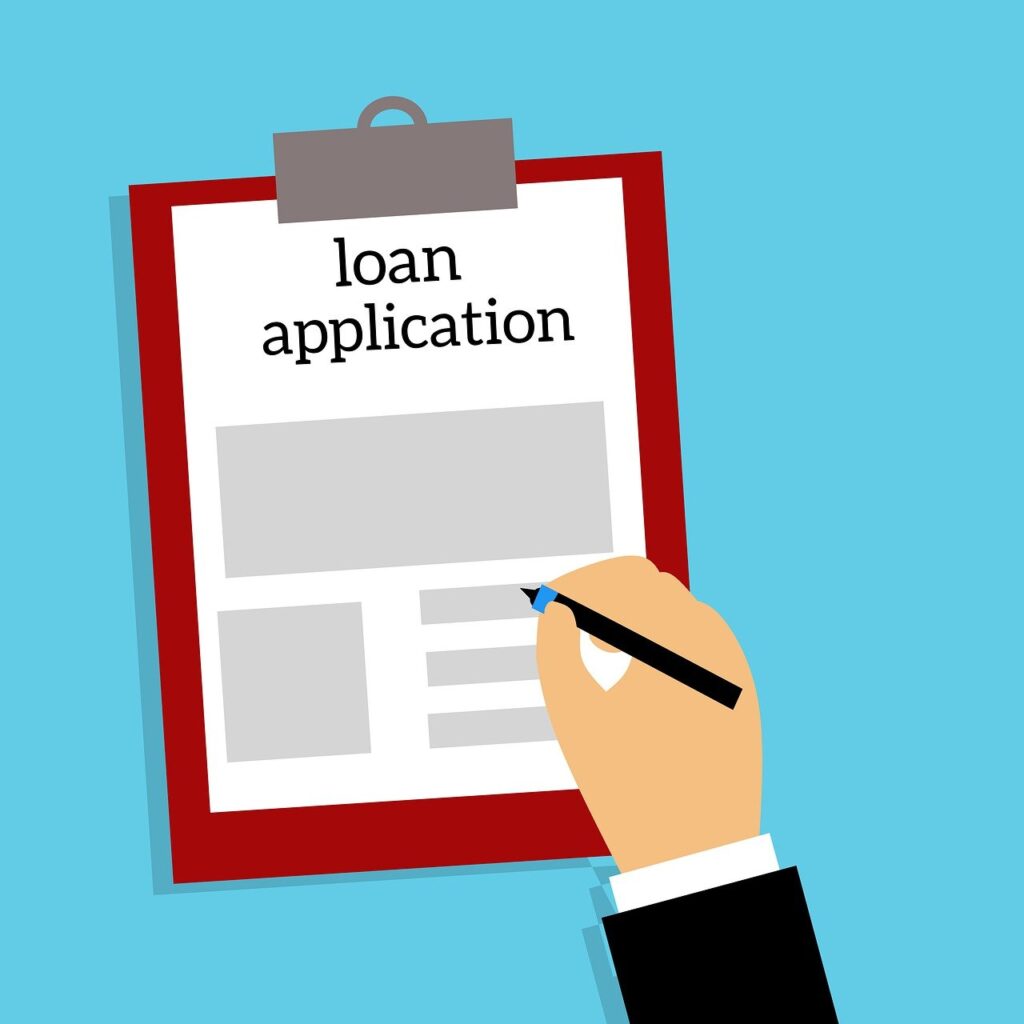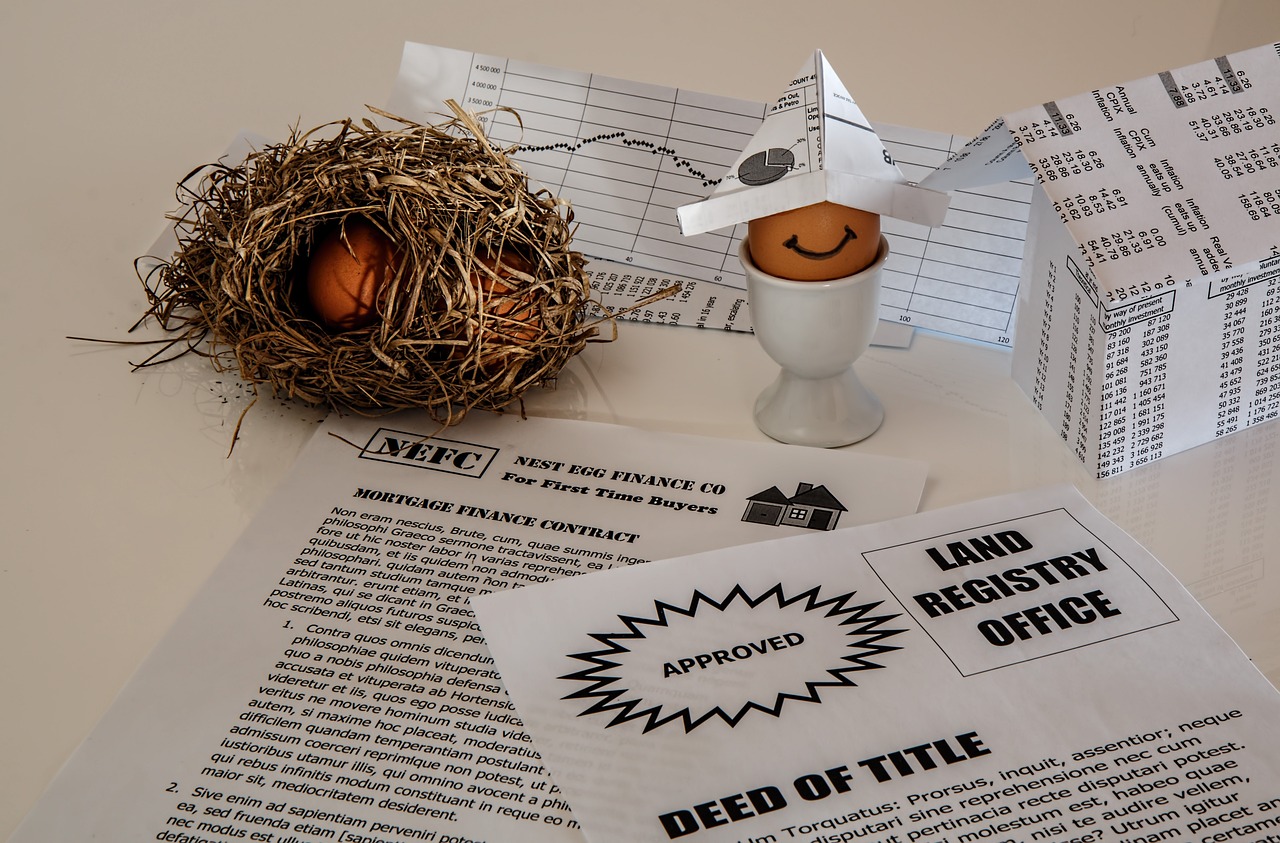In today’s fast-paced financial landscape, personal loans have become an indispensable tool for many individuals. Whether you’re planning a major life event, consolidating debt, or simply need extra cash, a personal loan can provide the financial flexibility you need. This comprehensive guide explores everything you need to know about personal loans, from their benefits and application process to how they compare with other financing options.
Understanding Personal Loans
A personal loan is a type of unsecured loan that you can use for various purposes, such as consolidating debt, financing a large purchase, covering unexpected expenses, or funding personal projects. Unlike secured loans, which require collateral like a car or house, personal loans are typically based on your creditworthiness and income.
Key Features of Personal Loans
- Unsecured Nature: Most personal loans do not require collateral, which means you don’t have to risk losing an asset if you’re unable to repay the loan.
- Fixed Interest Rates: Personal loans often come with fixed interest rates, ensuring that your monthly payments remain consistent throughout the loan term.
- Flexible Use: You can use the funds from a personal loan for nearly any purpose, making them a versatile financing option.
- Fixed Repayment Period: Personal loans typically have fixed repayment terms ranging from one to seven years.

Types of Personal Loans
There are several types of personal loans, each catering to different financial needs:
- Debt Consolidation Loans: Used to combine multiple debts into a single loan with a lower interest rate.
- Home Improvement Loans: Specifically designed for home renovation and improvement projects.
- Medical Loans: Used to cover medical expenses and procedures.
- Wedding Loans: Tailored for financing wedding-related expenses.
- Vacation Loans: For funding travel and vacation expenses.
- Emergency Loans: For covering unexpected expenses, such as car repairs or urgent medical bills.
How to Apply for a Personal Loan
Applying for a personal loan is a straightforward process, but it’s essential to prepare and understand the steps involved:
- Check Your Credit Score: Your credit score plays a significant role in determining your loan eligibility and interest rate. Obtain a copy of your credit report and check for any errors that could affect your score.
- Determine Your Loan Amount: Calculate how much money you need and ensure that you can afford the monthly payments.
- Shop Around: Compare loan offers from multiple lenders, including banks, credit unions, and online lenders. Look at interest rates, fees, and repayment terms.
- Gather Documentation: Lenders typically require proof of income, employment, and identity. Be prepared to provide documents such as pay stubs, tax returns, and identification.
- Submit Your Application: Once you’ve chosen a lender, complete the application process. This may involve filling out an online form or visiting a branch in person.
- Review the Loan Agreement: If approved, carefully review the loan terms and conditions before signing the agreement.
- Receive Funds: After signing the loan agreement, the lender will disburse the funds, usually within a few business days.
Factors to Consider Before Taking a Personal Loan
While personal loans offer numerous benefits, it’s crucial to consider several factors before making a decision:
- Interest Rates: Compare interest rates from different lenders to ensure you’re getting the best deal. Remember that rates can vary based on your credit score and the loan amount.
- Fees and Charges: Be aware of any fees associated with the loan, such as origination fees, late payment fees, and prepayment penalties.
- Repayment Terms: Choose a repayment term that suits your financial situation. Longer terms may result in lower monthly payments but higher overall interest costs.
- Monthly Payments: Ensure that you can comfortably afford the monthly payments without straining your budget.
- Impact on Credit Score: Understand how taking out a personal loan will affect your credit score, both in the short term and long term.
Benefits of Personal Loans
Personal loans offer several advantages that make them an attractive financing option:
- No Collateral Required: Since most personal loans are unsecured, you don’t need to provide any assets as collateral.
- Fixed Interest Rates: Fixed interest rates provide predictable monthly payments, making it easier to budget.
- Flexible Use of Funds: You can use the loan proceeds for virtually any purpose, giving you financial flexibility.
- Debt Consolidation: Personal loans can help you consolidate multiple debts into a single payment with a lower interest rate.
- Improving Credit Score: Successfully managing a personal loan can improve your credit score over time.
Drawbacks of Personal Loans
Despite their benefits, personal loans also have some drawbacks to consider:
- Higher Interest Rates: Compared to secured loans, personal loans often have higher interest rates due to the lack of collateral.
- Fees and Penalties: Be mindful of any fees and penalties associated with the loan, as these can increase the overall cost.
- Impact on Credit Score: Missing payments or defaulting on the loan can negatively impact your credit score.
- Qualification Requirements: Borrowers with poor credit may find it challenging to qualify for a personal loan or may receive less favorable terms.
Personal Loans vs. Other Financing Options
When considering a personal loan, it’s essential to compare it with other financing options to determine the best fit for your needs:
- Credit Cards: Personal loans generally offer lower interest rates than credit cards, making them a more cost-effective option for large expenses or debt consolidation.
- Home Equity Loans: Home equity loans and lines of credit (HELOCs) often have lower interest rates but require using your home as collateral.
- Payday Loans: Avoid payday loans, as they come with extremely high interest rates and short repayment terms, leading to a cycle of debt.
- Auto Loans: If you’re purchasing a vehicle, an auto loan may offer better terms and interest rates than a personal loan.
- Savings: Using your savings can be a better option than taking on debt, especially if you have sufficient funds available.
Tips for Managing a Personal Loan
Once you’ve secured a personal loan, managing it responsibly is crucial to maintaining your financial health:
- Create a Budget: Develop a budget that includes your loan payments and ensures you can meet all your financial obligations.
- Set Up Automatic Payments: Enroll in automatic payments to avoid missing any due dates and incurring late fees.
- Pay More Than the Minimum: If possible, make extra payments to reduce the principal balance and save on interest costs.
- Monitor Your Credit: Regularly check your credit report to ensure your loan payments are being reported accurately.
- Communicate with Your Lender: If you encounter financial difficulties, contact your lender to discuss potential solutions, such as a payment plan or loan modification.
